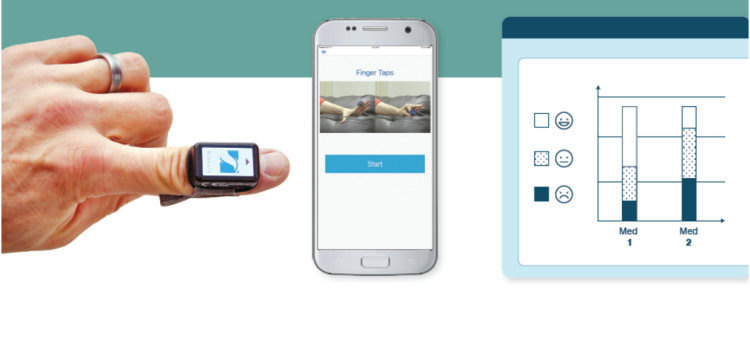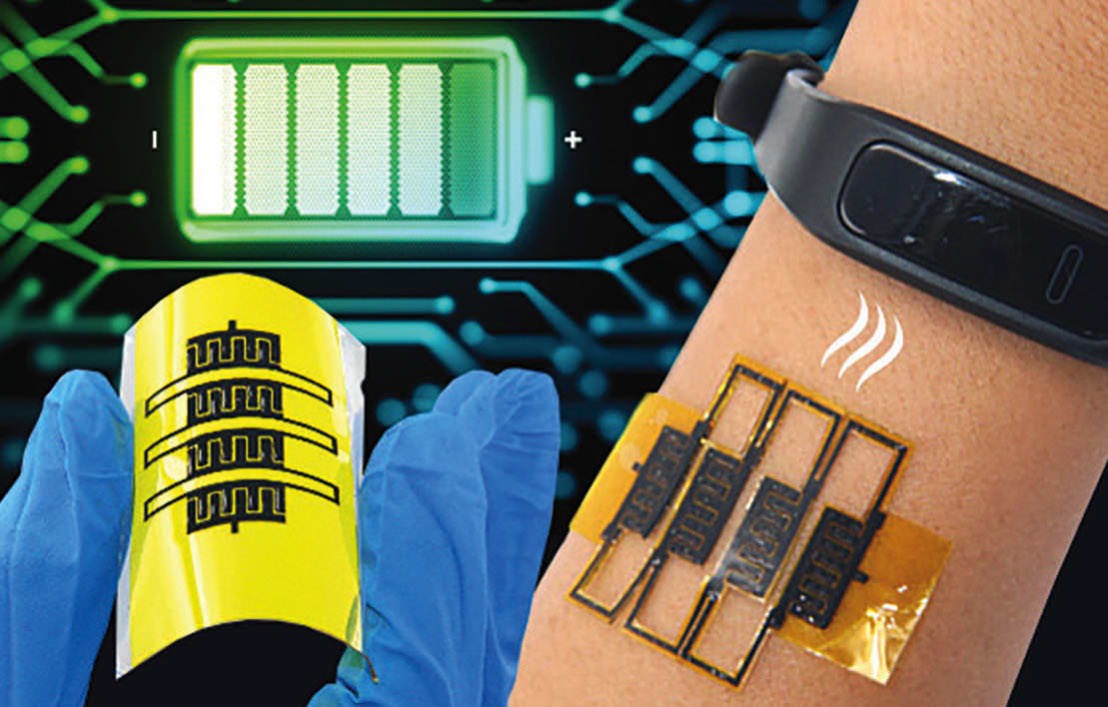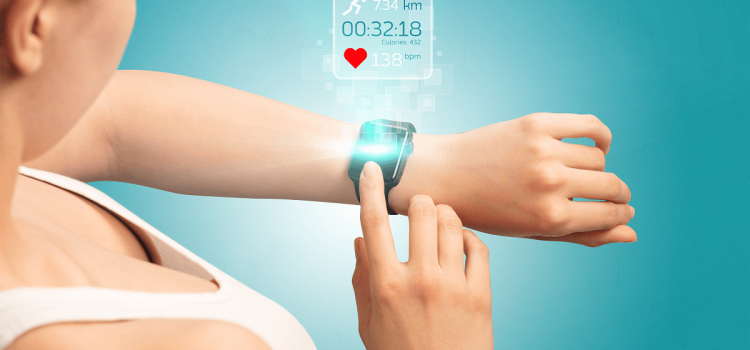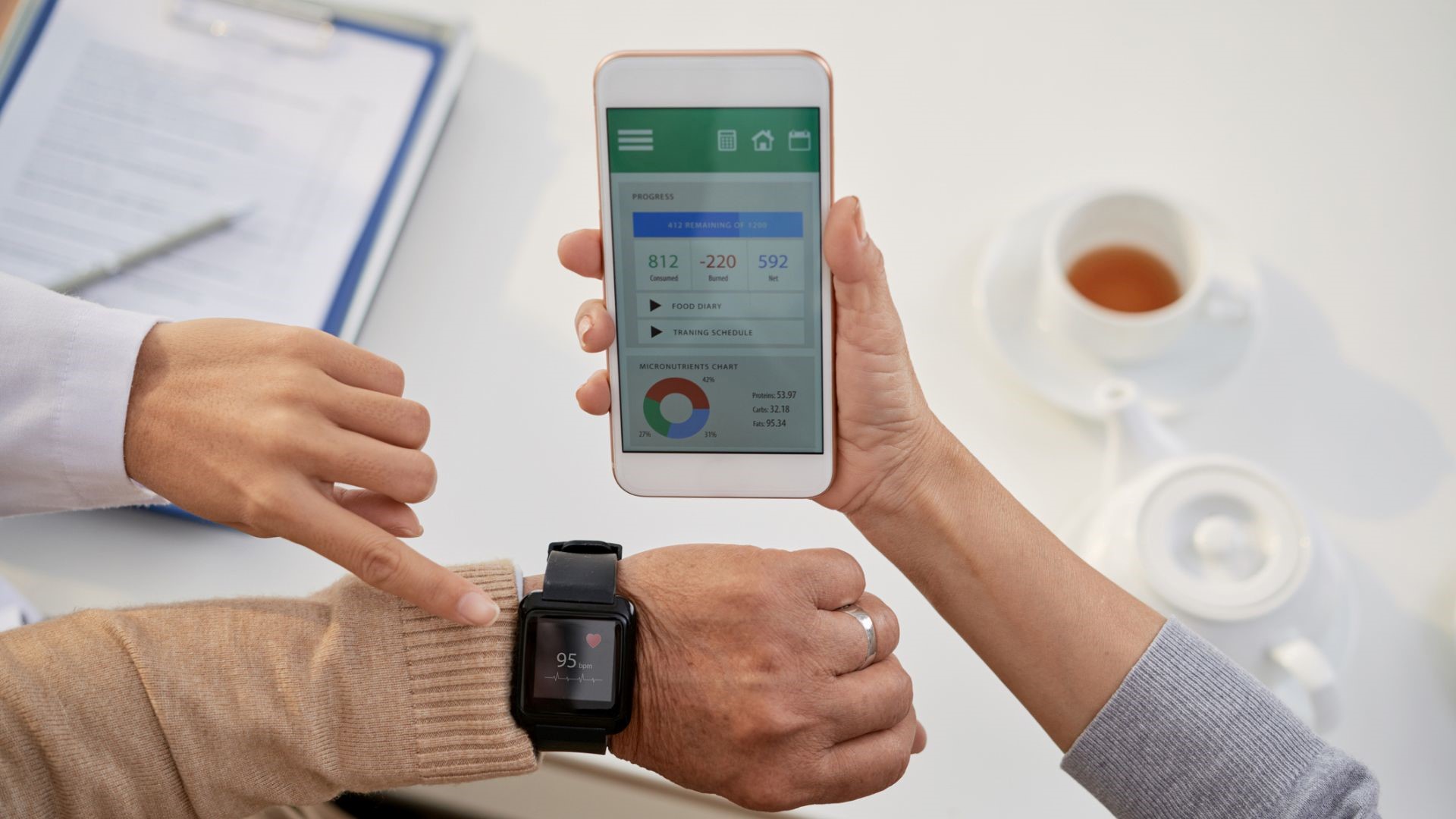
As we advance into 2025, the landscape of pediatric healthcare is undergoing significant transformations, driven by technological innovations, evolving healthcare policies, and an increased focus on personalized medicine. This article explores the top trends shaping pediatric healthcare in 2025, providing insights into how these developments are set to improve outcomes for children worldwide.
1. Telemedicine and Virtual Care
The rise of telemedicine has been one of the most significant shifts in healthcare over the past few years, and its impact on pediatric care is profound. By 2025, telemedicine is not just a convenience but a staple in pediatric healthcare. Virtual consultations allow for greater accessibility, especially for families in remote areas who previously faced geographical barriers to accessing specialized care.
Telemedicine platforms are now equipped with pediatric-specific tools, enabling healthcare providers to conduct thorough examinations remotely. These platforms also facilitate ongoing monitoring for chronic conditions, reducing the need for frequent in-person visits and minimizing disruption to children’s daily lives.
2. Personalized Medicine and Genomics
Personalized medicine is becoming increasingly prevalent in pediatric healthcare, with genomics playing a crucial role. Advances in genetic testing and sequencing have made it possible to tailor treatments to the unique genetic makeup of each child. This approach not only enhances the effectiveness of treatments but also minimizes adverse effects.
In 2025, genetic screenings are routinely conducted for newborns, allowing for early detection of potential health issues. This proactive approach enables healthcare providers to implement preventive measures and personalized treatment plans from an early age, significantly improving long-term health outcomes.
3. Mental Health Integration
The importance of mental health in pediatric care is gaining recognition, and by 2025, it is an integral part of healthcare services for children. There is a growing emphasis on early identification and intervention for mental health issues, with pediatricians being trained to recognize signs of mental distress and provide appropriate referrals.
Integrated care models, where mental health professionals work alongside pediatricians, are becoming more common. These models ensure that children receive comprehensive care that addresses both physical and mental health needs, promoting overall well-being.
4. Artificial Intelligence and Machine Learning
Artificial Intelligence (AI) and Machine Learning (ML) are revolutionizing pediatric healthcare by enhancing diagnostic accuracy and streamlining administrative processes. AI-powered diagnostic tools assist healthcare providers in identifying conditions more quickly and accurately, leading to timely interventions.
Additionally, AI is used to analyze large datasets, providing insights into patterns and trends that inform public health strategies and personalized treatment plans. In 2025, AI applications are also being utilized in predictive analytics, helping to forecast disease outbreaks and manage healthcare resources more efficiently.
5. Wearable Technology and Remote Monitoring
Wearable technology is becoming more sophisticated and widely used in pediatric healthcare. Devices such as smartwatches and fitness trackers are equipped with sensors that monitor vital signs, activity levels, and sleep patterns in real-time. This data is invaluable for managing chronic conditions and ensuring adherence to treatment plans.
Remote monitoring enables healthcare providers to track a child’s health status continuously, allowing for early detection of potential issues and timely interventions. Parents also benefit from the peace of mind that comes with knowing their child’s health is being monitored around the clock.

6. Vaccine Innovations
Vaccination remains a cornerstone of pediatric healthcare, and 2025 sees significant advancements in vaccine technology. New vaccines are being developed to protect against a broader range of diseases, and existing vaccines are being improved for greater efficacy and safety.
Innovations such as needle-free vaccines and combination vaccines that protect against multiple diseases in a single dose are enhancing the vaccination experience for children and parents alike. These developments are crucial in increasing vaccination rates and preventing outbreaks of preventable diseases.
7. Health Equity and Access to Care
Addressing health disparities is a priority in 2025, with initiatives aimed at ensuring equitable access to pediatric healthcare for all children, regardless of socioeconomic status or geographic location. Telemedicine and mobile health clinics are bridging the gap for underserved communities, providing essential services to those who might otherwise go without care.
Policymakers and healthcare organizations are also focusing on social determinants of health, recognizing that factors such as housing, education, and nutrition play a critical role in a child’s overall health. Collaborative efforts are underway to create supportive environments that promote the health and well-being of all children.
8. Environmental Health and Sustainability
Environmental health is becoming an increasingly important consideration in pediatric care. The impact of climate change and pollution on children’s health is being studied extensively, leading to initiatives aimed at reducing exposure to harmful environmental factors.
Healthcare facilities are adopting sustainable practices, such as reducing waste and conserving energy, to minimize their environmental footprint. Educating families about the importance of environmental health and promoting behaviors that protect both personal and planetary health are integral components of pediatric healthcare in 2025.
Conclusion
The trends shaping pediatric healthcare in 2025 reflect a commitment to innovation, accessibility, and holistic care. By embracing technological advancements and prioritizing personalized and equitable care, healthcare providers are better equipped to meet the diverse needs of children and their families. As we look to the future, these trends promise to improve health outcomes and enhance the quality of life for children worldwide.












